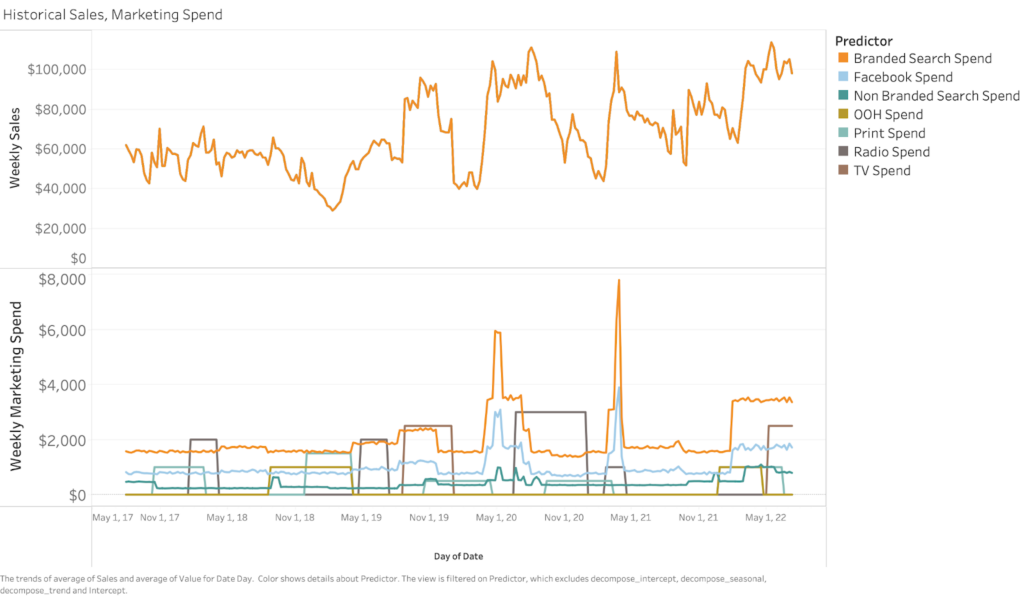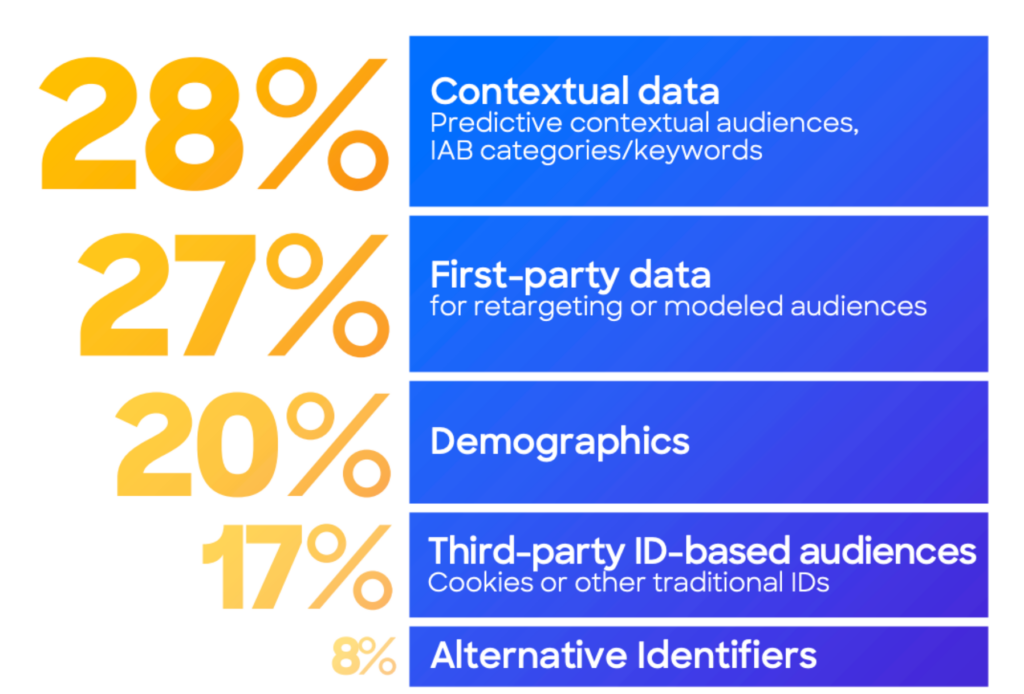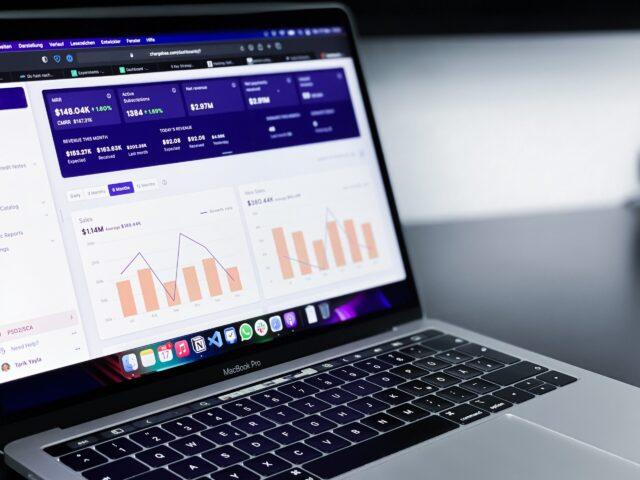The imminent deprecation of third-party cookies, coupled with increasing privacy regulations and fragmented media consumption, is significantly altering the foundation upon which the digital ecosystem was built: precision.
Over the last few months we have been experiencing a pivot towards exploring predictive capabilities in marketing measurement to counter the increasing loss of data available via digital attribution platforms such as Google Analytics.
In a recent survey of B2B CMOs, more than half of respondents cited measurement as their biggest challenge for 2024.
What we’re experiencing today is the result of a perfect storm of measurement challenges that have impacted our industry over the past couple of years.
The inflection point: adapt or fall behind
The deprecation of third-party cookies on platforms like Chrome is not just a minor change; it signifies a fundamental shift away from the precision that digital marketers have long relied upon.
The industry’s move towards privacy-first practices and the resulting signal loss demand a recalibration of how success is measured and achieved in digital campaigns.
The essence of digital advertising has always been its ability to target and measure with unparalleled precision. However, as this precision wanes in the face of privacy changes and technological shifts, our focus must pivot towards enhancing our predictive capabilities.
We are now tasked with navigating the murky waters of measurement without the traditional crutches of third-party cookies making prediction the new precision in digital advertising.
The rise of Media Mix Modelling
One notable development in this transition is the resurgence of Media Mix Modelling (MMM). Media Mix Modelling examines marketing performance by incorporating data into a more holistic statistical model that more accurately measures the impact of marketing investments.

Google’s launch of Meridian, an open-source MMM solution, marks a significant development in digital measurement and makes MMM technology much more accessible to advertisers.
Meridian aims to provide privacy-durable, advanced measurement capabilities, enabling marketers to measure the holistic impact of their cross-channel strategies more effectively.
This approach is now becoming common with digital marketers seeking more comprehensive insights into their campaigns’ performance in a post-cookie world.
“What’s the ROI on that?”
As third-party cookies become obsolete, the reliance on a single source of truth for measurement is no longer viable. We must now start leveraging alternative measurement principles and targeting solutions that align with the new realities of digital advertising.
At Hallam, we are exploring alternative measurement principles and looking to help move our clients beyond digital attribution.
In addition to MMM, these frameworks include:
- Muti-touch attribution: Reviewing alternative models where possible using digital analytics platforms such as Google Analytics 4. This relies on activating features such as consent mode, enhanced conversions and server side tagging to mitigate data loss related to cookie banners.
- Incrementally Testing: Assessing the incremental impact of advertising efforts by comparing test and control groups to determine the actual contribution of specific campaigns or channels.
- Attention Measurement: Recognising the value of consumer attention as a metric for evaluating ad effectiveness, especially in environments where traditional tracking is limited. In practice, this means ensuring that you take into account the platforms most likely to gain attention, not just those with the most efficient reach.
The comeback of contextual targeting
Amidst these shifts, contextual targeting is experiencing a well-deserved resurgence. We have been obsessed with demographic and behavioural targeting based on the level of precision it offers, but we often overlook the obvious benefits of showing ads in the right context.
Indeed, contextual ads are expected to capture the largest share of budget in 2024 according to a recent Comscore report:

Contextual targeting leverages the environment in which an ad is placed to ensure relevance to the audience, bypassing the need for individual user data.
This approach not only aligns with privacy-first initiatives but also offers a robust strategy for engaging audiences in more relevant placements.
Embracing the privacy-first era of digital advertising
Digital attribution has always been flawed and triangulating ROI using additional frameworks will result in more effective budgeting.
Digital marketing was built on precision, but we must now harness the power of predictive analytics, new measurement models, and privacy-compliant targeting solutions to navigate the future of digital advertising successfully.
This requires a collective shift in mindset and approach, a culture of adaptability and innovation, which will ultimately unlock new avenues for growth in a post-cookie world.
By exploring alternative measurement principles, leveraging tools like Google’s Meridian, and revisiting targeting strategies such as contextual targeting, you’ll be able to gain a head start on competitors who may ignore these enforced changes until it’s no longer tenable.





